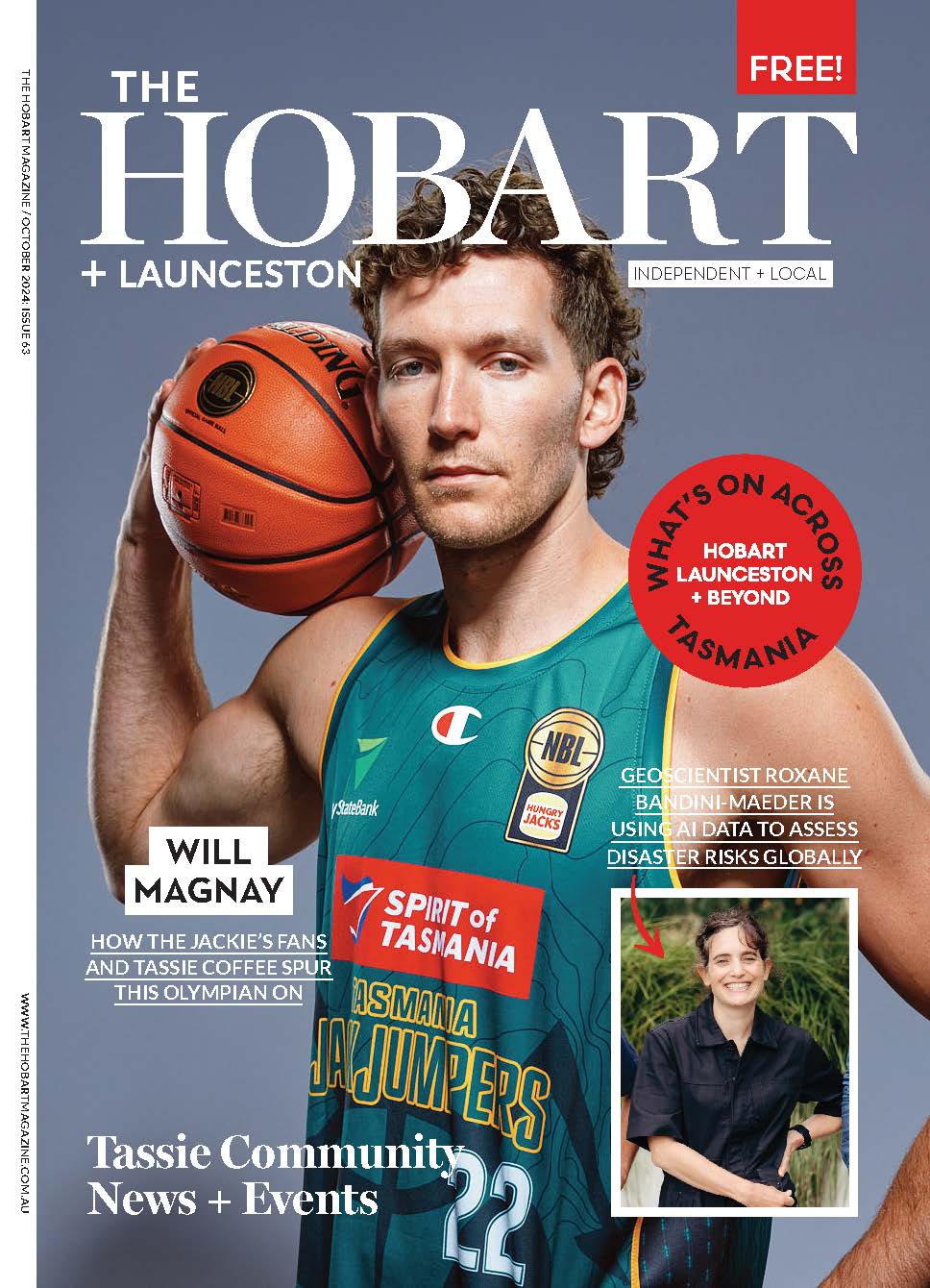Alone Versus Lonely: The Importance Of Dating Yourself
by Annia Baron

I remember some time ago I was sitting with friends at a waterside establishment.
Seated at a table for two was a woman, slowly sipping a glass of red wine as she gazed out over the horizon. Her demeanour was calm. She seemed comfortable in her own skin. My first thought was, “She’s probably meeting her lover for an afternoon delight.” But as time went on, no man arrived. No friend arrived either. She wasn’t checking her phone or her watch and wasn’t hiding behind a book or a laptop. I soon realised the woman wasn’t there to meet anyone. She was simply enjoying herself and her surrounds. No pretense. No semblance. Just the pleasure of her own company.
The thought of being on our own usually sparks discomfort, especially when we find ourselves in social settings. Without the safeguard of looking busy or engaged, many of us avoid time alone in fear of what others might think. The falsehoods of “I’ll look like a loner” or “It will be awkward if I bump into someone I know” are linked to our biological drive for belonging and acceptance. But beyond that, we know that time alone and the silence it brings often amplifies the internal stuff we don’t like to deal with or aren’t ready to – our past hurts, embarrassments or failures, and the sense of shame, guilt or unworthiness attached. Naturally, loneliness isn’t an emotion we strive to experience. We’re social beings and interconnectedness is vital to our happiness. But there’s a big difference between being alone versus feeling lonely and unfortunately – via the movies we’ve watched, billboards we’ve seen, and the marketing ploys we’ve been fed – we’re led to believe that if you’re alone, you’re unhappy or worse, that there’s something wrong with you!
Utter nonsense. Spending time on our own is important. It lets our minds ‘breathe’, disconnect from external pressures and stresses, and tune into earnest intentions for creating the life we desire. Psychologist Ester Buchholz notes that “meaningful alone time” can fuel joy and fulfillment in interpersonal relationships and creativity. And from a neuroscientific perspective, time alone and the ability to activate associated brain networks is an essential foundation for the healthy development of cognitive control, emotional regulation, and personal insight (Immordino-Yang, Christodoulou, & Singh, 2012). Without opinion or influence of others, time with yourself can expand your confidence and courage, and provide opportunities for reflection, contemplation, goal setting and deeper connections to self and others.
So whether you’re partnered or not, break up with the belief that it’s odd or weird to date yourself. Tantilise your appetite with an hors d’oevre at your favourite restaurant, watch a new movie at the State Cinema, cycle to your local café for a morning coffee or take a mindful stroll through the Botanical Gardens – whatever floats your boat. And for those with the excuse of being time poor, there are plenty of ways to date yourself without disruption. Play some tunes while you dance around the house, put on your best attire even if you’re just doing chores, enjoy a self-celebration meditation*, prepare a healthy meal or simply sit under a tree and drink a cup of tea.
Not only is dating yourself fun and liberating, it’s psychologically good for you. The more you care for yourself, the better you’ll be for others and the world – whether in a relationship or not.
Let’s be one another’s inspiration. Let’s celebrate ourselves, go on dates and create permission for one another to see that it’s normal, wonderful and healthy.
Annia Baron is a Hobart based Mindset Coach and Clinical Psychologist. *For your free self-celebration meditation or tips on enhancing your wellness, get in touch on 0402 448 278, on Instagram @ anniabaron or visit www.remindyourself.com.
Immordino-Yang, M. H., Christodoulou, J.A. & Singh, V. (2012). Rest is not idleness: Implications of the brain’s default mode for human development and education. Perspectives on Psychological Science, 7, 352-364.

